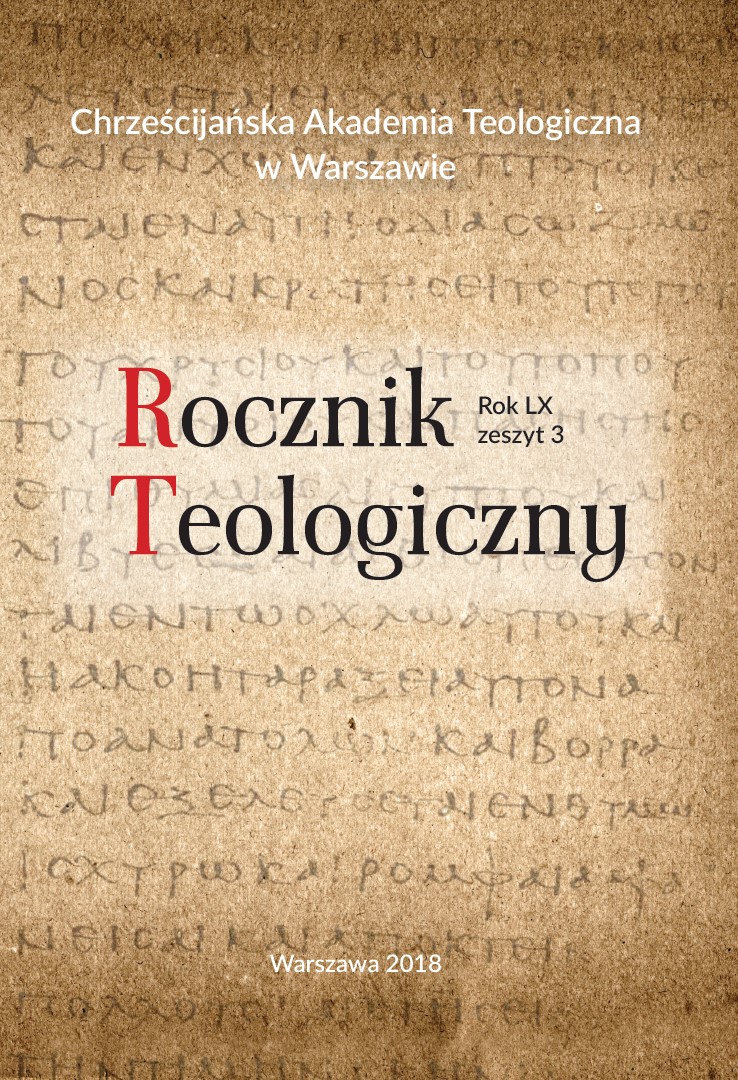Różne modele protestu i wizja kultury w Reformacji
Various Models of Protest and Vision of Culture in the Reformation
Author(s): Jarosław PłuciennikSubject(s): Christian Theology and Religion, Anthropology, Social Sciences, History of Church(es), Theology and Religion, Cultural Anthropology / Ethnology
Published by: Wydawnictwo Naukowe ChAT
Keywords: Protestantism; Reformation; Martin Luther; individualism; theory of translation; empathy; nurturing;conceptual metaphors;
Summary/Abstract: The article is an in-depth analysis of the forms of protests related to the Reformation. In three parts, the author first discusses the three primary models of protests associated with Martin Luther, focused around the metaphorical representations of Luther as a philosopher with a hammer, Luther strengthening his position on the battlefield, and Luther proclaiming the freedom of the Christian. All these metaphorical representations reveal the break of ties with tradition and the present and stress those values associated with Protestantism, such as individualism, freedom of conscience, freedom of speech, autonomy and independence of the subject. Next, the article describes radical forms of protest in the broadly understood Reformation related to the act of burning documents and books and demonising the opponent in satirical exaggerations in figures and pictures. In the second part of the article, the author discusses the vision that is present in the Reformation project, summarised metaphorically in the call: “closer to man” and tries to show this vision by pointing to an outline of the theory of language and translation presented in Luther’s “Letter on Translation” from 1530. Th is vision is revealed by the expressive empathetic inclination towards the ordinary language user. In the third part of the article, the reader will find an outline of the concept of Reformation as revealing the basics of design thinking related to empathy, care and nurturing. Th e revelation, together with the Reformation’s activism revealed earlier, allows the author to combine the Reformation’s vision with a vision of culture at large, etymologically derived from cultivation, care and nurturing. Th e central thesis of the article is that the Reformation is a culture and that the forms of protest result from the necessity to break ties with tradition and the present, and are not the core of its operation.
Journal: Rocznik Teologiczny
- Issue Year: 60/2018
- Issue No: 3
- Page Range: 347-364
- Page Count: 17
- Language: Polish

